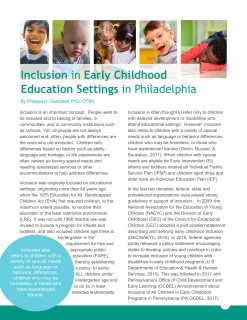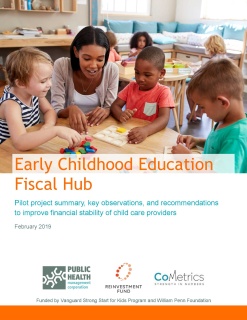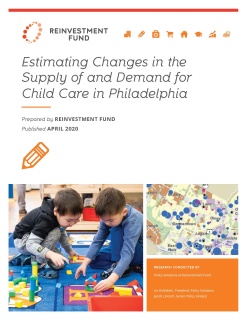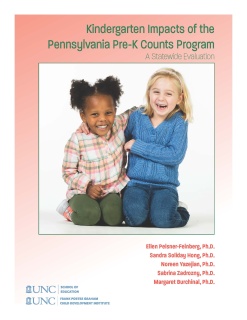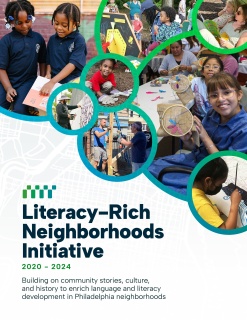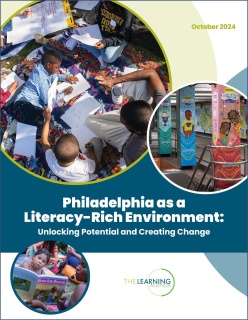Impact Brief: Data-Driven Investments in Early Childhood Education are Making a Difference for Philadelphia Families, Small Businesses and Neighborhoods
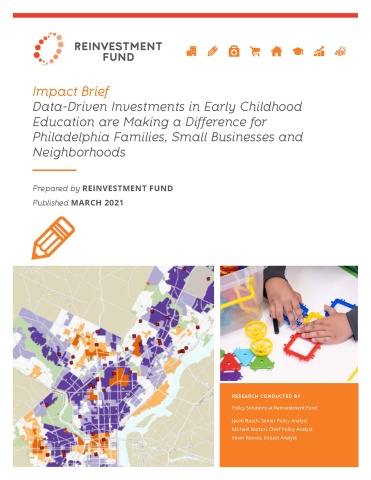
Since 2014, Reinvestment Fund’s Fund for Quality (FFQ) and Early Childhood Education Loan Fund (ECE-LF) have been making investments to support the expansion of high-quality Early Childhood Education (ECE) opportunities throughout Philadelphia. FFQ is a partnership between Reinvestment Fund and Public Health Management Corporation (PHMC), supported by funding from the William Penn Foundation and Vanguard Strong Start for Kids Program™. By providing business planning support and facilities-related financing, FFQ supports high-quality early care and education providers with expanding their services to reach more low-income families.
From 2014 to 2019, FFQ and ECE-LF supported 51 projects at 46 unique centers, which have created or preserved 3,246 ECE high-quality seats across the city. These seats serve a diverse population of high-need families across the city. FFQ and ECE-LF supports have observably reduced gaps between the supply and demand for high-quality child care in their communities and have encouraged other ECE providers to expand the number of high-quality seats in their facilities.
The findings presented in this Impact Brief suggest that FFQ/ECE-LF investments are reaching their intended populations and are having a substantial impact on the availability of high-quality ECE options for Philadelphia families. Moreover, these investments appear to be encouraging other ECE providers to ‘raise their game’ to offer increasing numbers of high-quality ECE seats, rather than ‘crowding out the competition’.
Taken together, these findings lend convincing support for Reinvestment Fund’s data-driven approach to identifying high-need places that are well positioned to positively respond to supports that flow through FFQ/ECE-LF investments. Building on these encouraging findings, Reinvestment Fund will continue to closely monitor changing conditions throughout the city, particularly given the disruptions in the ECE sector wrought by the COVID-19 pandemic.
